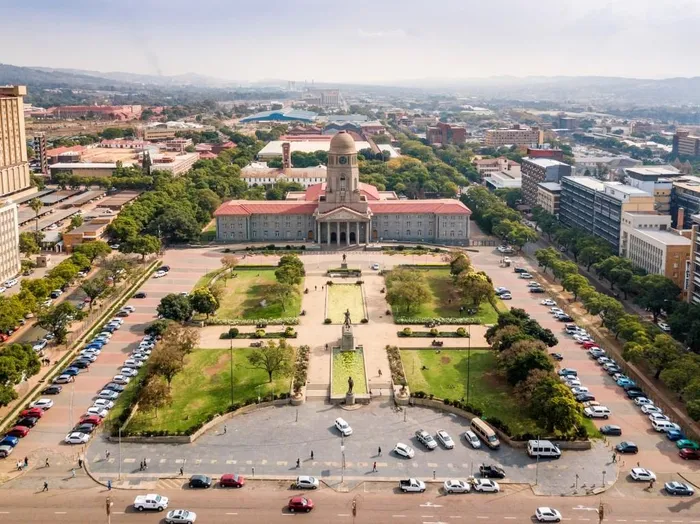
Prof Nara Monkam, Associate Professor of Public Economics, Head of the Public Policy Hub and Chair in Municipal Finance at the African Tax Institute at the University of Pretoria
Image: Supplied
By Prof Nara Monkam, Associate Professor of Public Economics, Head of the Public Policy Hub and Chair in Municipal Finance at the African Tax Institute at the University of Pretoria
As the world’s gaze turns to Johannesburg and Tshwane for the G20 Leaders’ Summit this November, the urgency of translating the Urban 20’s (U20) priority of ‘Digital Transformation and Innovation’ into practical action for African cities has never been greater. At the heart of this city diplomacy initiative’s transformative agenda is a pivotal question: are African municipalities financially ready for the digital revolution that smart cities demand?
Africa is urbanising at an unprecedented pace. By 2050, 75% of the global population will reside in cities, up from 50% in 2024. Six of the world’s 41 megacities will be located in Africa by 2030, absorbing substantial national populations and linking the continent to the global economy. Yet the infrastructure to sustain this growth is severely lagging.
The digital revolution presents African municipalities with a unique opportunity to leapfrog traditional development barriers. Encouragingly, early successes are emerging across the continent. Dakar’s Bus Rapid Transit system, for example, is designed to move more than 300 000 passengers daily using smart ticketing and integrated data systems. Kigali’s deployment of a low-power, wide-area network enables real-time data collection from IoT sensors, offering insights for smarter urban management. These cases are proof that even in resource-constrained settings, with the right partnerships, political will and financing models, African cities can deliver.
But levels of readiness vary significantly across the continent, and this is where South Africa’s G20 Presidency must play a catalytic role. The U20’s call to recognise cities as strategic partners in national development must be translated into tangible support through greater fiscal decentralisation, capacity-building and smarter infrastructure financing. To sustain and scale smart city initiatives, African municipalities need enhanced financial resilience; this means modernising property tax systems using a geographic information system (GIS), expanding digital financial tools and strengthening municipal creditworthiness to access capital markets. Integrated financial management systems can improve transparency and coordination across departments. Meanwhile, blended financing models, combining grants, green bonds and public-private partnerships offer practical avenues to bridge funding gaps.
Investing in human capital is equally important. The intelligence of a smart city lies not in sensors or software, but in the people who design, manage and use them. Yet across the continent, digital literacy remains low, especially among marginalised communities and women, who are 37% less likely to use mobile internet than men. About 470 million people in Sub-Saharan Africa lack proof of identity, a key barrier to digital access. Municipalities must invest in digital upskilling for staff and communities alike, while planning for workforce transitions as automation reshapes local government roles.
What’s needed now is action. To move from promise to practice, cities must:
Smart technologies, when designed for inclusion, can improve access to these very services by increasing efficiency, targeting subsidies and improving responsiveness. The question is not whether African cities can afford to embrace the digital revolution, but whether they can afford not to.

Aerial view of Tshwane city hall in the heart of Pretoria
Image: Supplied